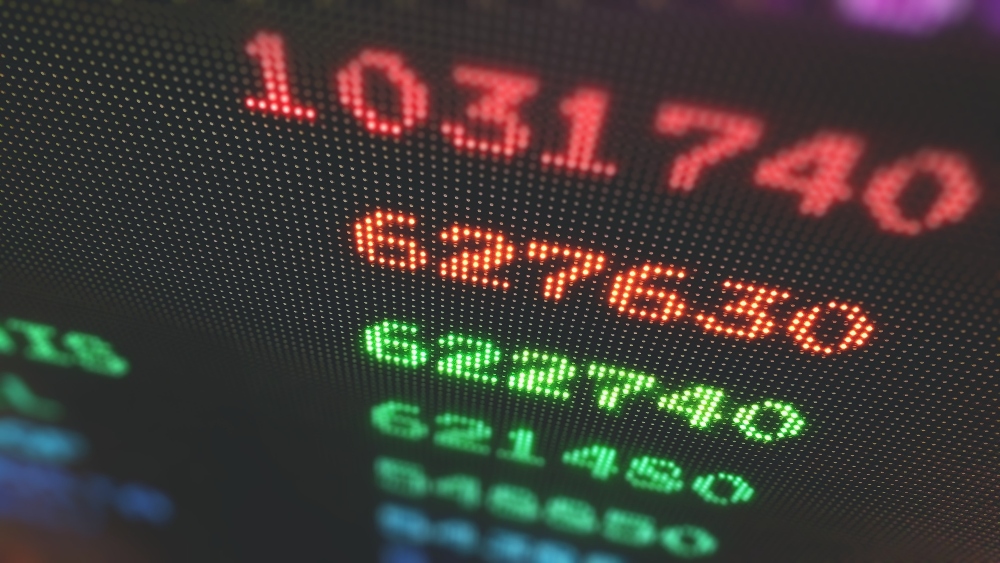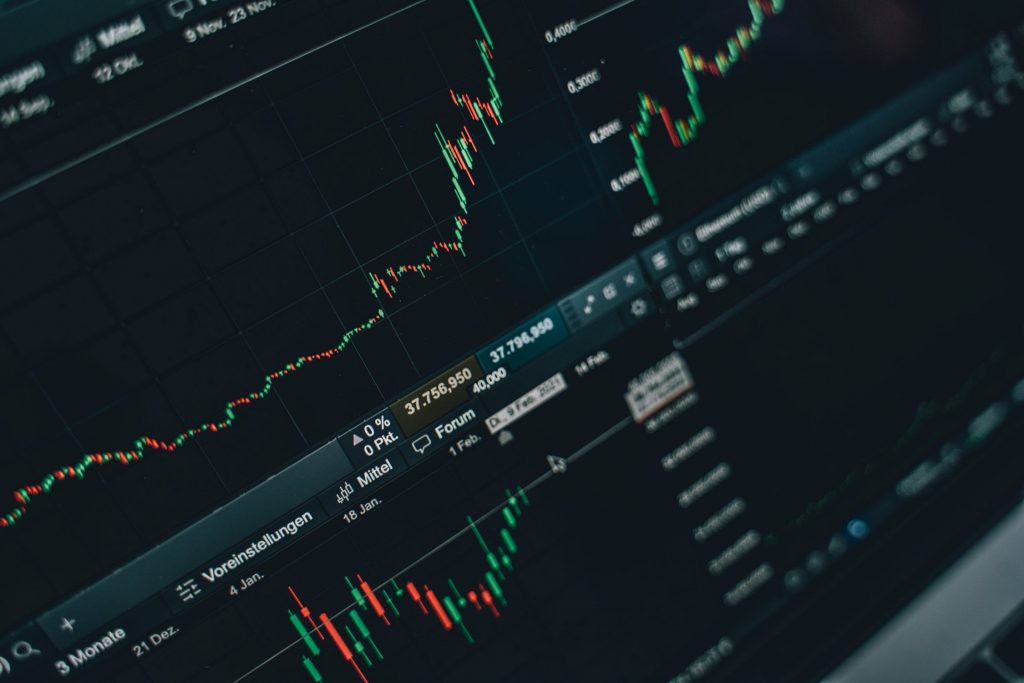The safest brokers are highly sought after, providing their clients with some comfort that their funds are protected and they are insured against broker insolvency. While it is easy to focus on trading fees, platforms, assets and leverage, we think safety and security are paramount. This guide discusses the importance of choosing the safest brokers, before exploring ways to identify them. We have also provided a list below of our favourite, safe brokers.
Why It Is Important To Choose The Safest Brokers
Protecting Your Earnings
Whilst the risk of defaulting is low (depending on the broker), there is still some danger. Insolvency could arise from liquidity issues, fraud and/or other events. Choosing a safe broker will reduce the chance of getting caught up in one of these events. In the event of a safe broker collapsing, there are typically compensation schemes available to recover your funds.
Peace Of Mind
Choosing a safe broker should ensure that you will be dealt with fairly by your chosen broker. Should the broker stop operating, safe and regulated brokers are covered and therefore you will get a percentage of your funds back as compensation (this varies depending on the regulatory authority). Worrying about whether or not your funds are safe will detract from your time and energy that could have otherwise been spent on researching future investments for instance.
Therefore, selecting a secure broker is crucial for your investment success. 
Key Factors to Consider for Secure Brokers
Regulation
It’s essential to confirm that the broker you’re trading with is adequately regulated by a reputable authority. Regulators ensure that brokers comply with various criteria set by the authority to protect clients. Regulators generally ensure that brokers hold their clients’ funds in separate bank accounts, so they can’t use them for their business overheads or general operations. Regulators often cover your funds if fraud is involved, but this varies.
Most regulated brokers make their prospective users aware of their regulatory status to encourage them to trade with them. Unregulated brokers are generally less transparent about their regulatory status and tend to offer tight spreads and bonuses, among other lucrative deals, to offset their lack of regulation.
Regulated brokers are usually held to a standard of conduct when recommending specific services based on the “suitability rule.” This rule requires that there be reasonable grounds for recommending a specific investment or product to a client.
As part of this, many firms identify the client, their savings goals, their financial and tax status, in addition to their investment objectives from which suitable recommendations can be made.
Brokers that offer several investment packages whilst neglecting from asking you your personal and financial information should be avoided as everyone’s situation is different.
When looking for the safest brokers, regulated firms should provide a regulatory reference number, typically by some kind of disclaimer or notation at the bottom of that relevant page. Once this is found, you can cross-reference it with the relevant regulator’s online database. Unscrupulous brokers can and have faked information in the past, so you should always verify information from the official source.
You should also check that the broker is authorised to do what it claims to (e.g. if a broker offers CFDs, then it should be authorised to do so).
You can also check whether the address, companies house number and trading and brand names match.
It is also important to note that regulators vary by country. Some regulators are less strict and not as generous with compensation schemes. Brokers in offshore jurisdictions can often have lower regulatory safety measures and requirements. In some cases, jurisdictions do not require financial services to be regulated at all. It is important to check that your broker is regulated by a robust regulator. We have listed some of the more reputable agencies below:
- UK – FCA (Financial Conduct Authority)
- South Africa – FSB (Financial Services Board)
- US – SEC (Securities and Exchange Commission)
- India – SEBI (Securities and Exchange Board of India)
- Australia – ASIC (Australian Securities & Investments Commission)
- Denmark – Financial Supervisory Authority Denmark (Finanstilsynet)
- Germany – BaFin (The Federal Financial Supervisory Authority / Bundesanstalt für Finanzdienstleistungsaufsicht)
- Cyprus – CySEC (Cyprus Securities and Exchange Commission) – often used to ‘passport’ regulated brands across Europe
Negative Balance Protection
Negative balance protection ensures that traders do not lose more than their account balance when trading with brokers providing leveraged products.
Whilst it is usually a part of regulations and therefore your right if your brokerage is regulated, it is often worth ensuring that your broker does indeed provide it. Unregulated brokers may say they offer negative balance protection features, though they will be under no legal obligation to follow through with it if your account balance falls below zero.
Online Security
Secure online brokers should offer a suite of features to ensure your information and data is protected. These usually include two-factor authentication (2FA), SSL encryption and partnerships with reputable exchanges to deliver transactions and ensure personal/financial information is kept secure. The safest brokers will also ensure that personal information is solely used for trading purposes and only when necessary.
Reviews
It is important to check both industry and consumer reviews of the brokers you are considering. Industry reviews like those on our site are a good way to get a fact-checked breakdown of the validity of the features the broker claims to offer, its regulation and the customer service.
If the broker has a mobile app, you can look at consumer reviews on the relevant store. Take customer reviews with a pinch of salt, as some will call brokers a scam without a valid reason to. That being said, customer reviews can be a good way to gauge the reception of the broker on their general customer base. It is also important to note that the most popular and talked about brokers are not always the safest.
You should do your research and decide for yourself, as opposed to following the decisions of others.
Transparency
Brokers control the various price points, transaction expenses and trading costs they impose on clients, thereby influencing the potential profits they can make. Transparency refers to how clear and open a firm’s operations and pricing structure are. If a broker is more transparent, traders can better assess how that broker operates and whether that specific broker is safe and right for them. Regardless of whether you wish to trade forex, crypto, stocks or shares, broker transparency can help enable traders to achieve greater success, as they may be more comfortable knowing their funds are safe and they will not be lumped with massive surprise costs.
The safest brokers will clearly outline all the costs involved with using their services, including spreads, commissions, inactivity charges, transaction costs, interest rates and margin rates. If a broker is more discreet with its price points, it is perhaps an indication that the broker is hiding something and hopes to catch clients out.
A brokerage’s business model is a part of its transparency. Whilst it is difficult to understand whether a broker has a safe business model, there are generally a few red flags to look out for. Trading on behalf of clients and the brokers own accounts can often lead to conflicts of interest and excessive risk-taking. Market making on exotic products like binary options is an operational risk and would mean the broker profits from your losses.
Customer Support
Regardless of your level of trading expertise, there is a strong likelihood you will require assistance or support from a broker at some point when trading.
Safe brokers should be easy to contact and have experienced customer service with fast response times. Before you set up an account with a particular brokerage, it may be worth getting in touch with its customer support team to confirm that it is functional and to your liking. 
Diversification
By investing using several brokers, you can reduce the risk of loss. If you only use one broker and it defaults, you could lose a significant proportion of your funds. If you use multiple brokers, the failure of one broker will not hurt the returns of your overall investments quite as much.
Different brokers offer different assets, which have varying risks. Whilst the broker itself may be safe, the asset you trade in could be riskier than others. It could even be riskier trading a volatile asset with a safe broker than it is trading a secure asset with an unsafe broker. Cryptocurrency exchanges, especially DEXs, are often unregulated and tend to list very volatile tokens and assets.
Final Word On The Safest Brokers
Which broker you choose is fundamentally one of the most important investment decisions you will need to make. Whilst signing up for a brokerage with the best bonuses, best ad campaign or highest popularity can be appealing, successful trading requires extensive research to ensure your funds are secure and your investments can be as successful as possible.
Before identifying the best online brokerage for you, consider several factors. Define your individual needs and determine your investing style, including trading frequency, hours, quantity, assets/markets to trade, brokerage, and asset safety. Conduct a personal cost/benefit analysis to find the best broker for you. Choosing a relatively safe brokerage may require compromising on price, while choosing a relatively cheap brokerage may require compromising on safety or trading platform features.
FAQs
Where Can I Find The Safest Brokers?
There are several avenues you could go down to find the best brokers. Firstly, you can check out our list of the top safest brokers here. Alternatively, you can look into brokers regulated by top-tier agencies like the FCA, BaFin, ASIC or SEC and explore customer reviews, pricing transparency, customer service and security features offered.
Which Regulators Authorise The Safest Brokers In Different Countries?
Some of the most rigorous and trusted regulators across the world include the FCA, SEC, ASIC, BaFin, FSB, CySEC and SEBI.
Many jurisdictions don't require financial services to be regulated to trade, so online brokers can operate offshore and be scrutinized to more lenient regulatory standards or no standards whatsoever.
